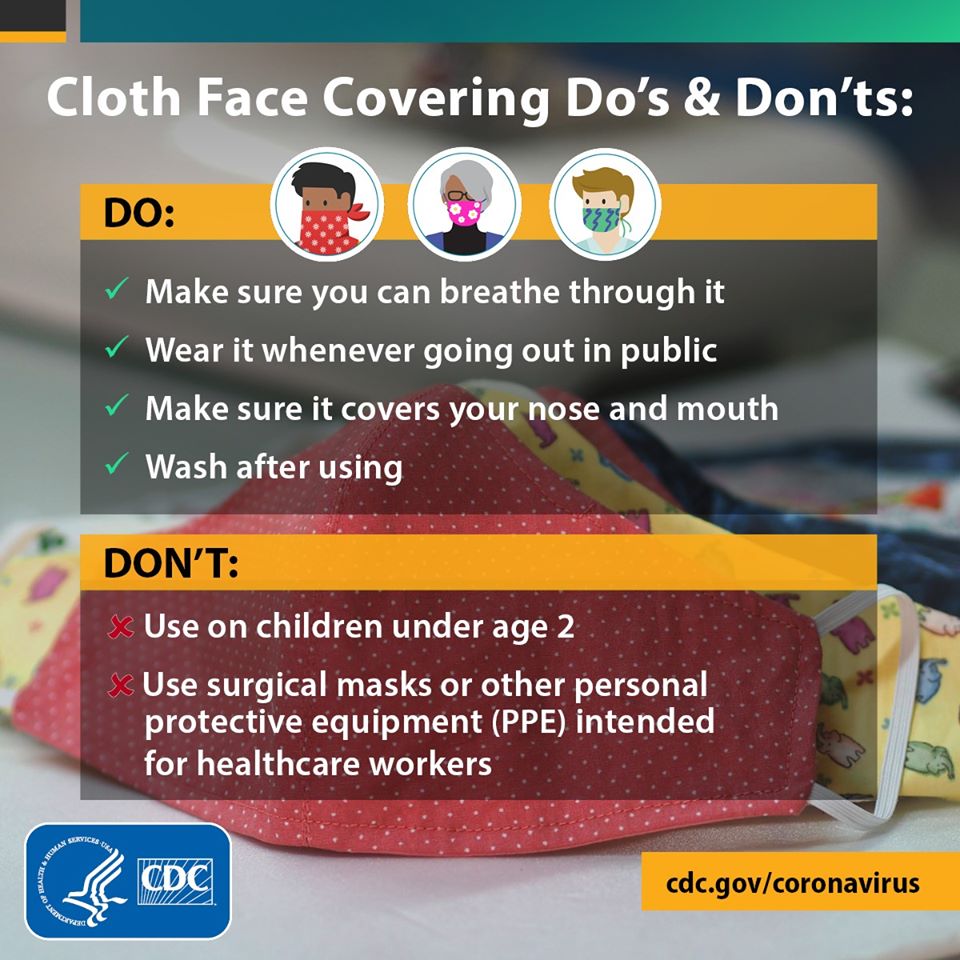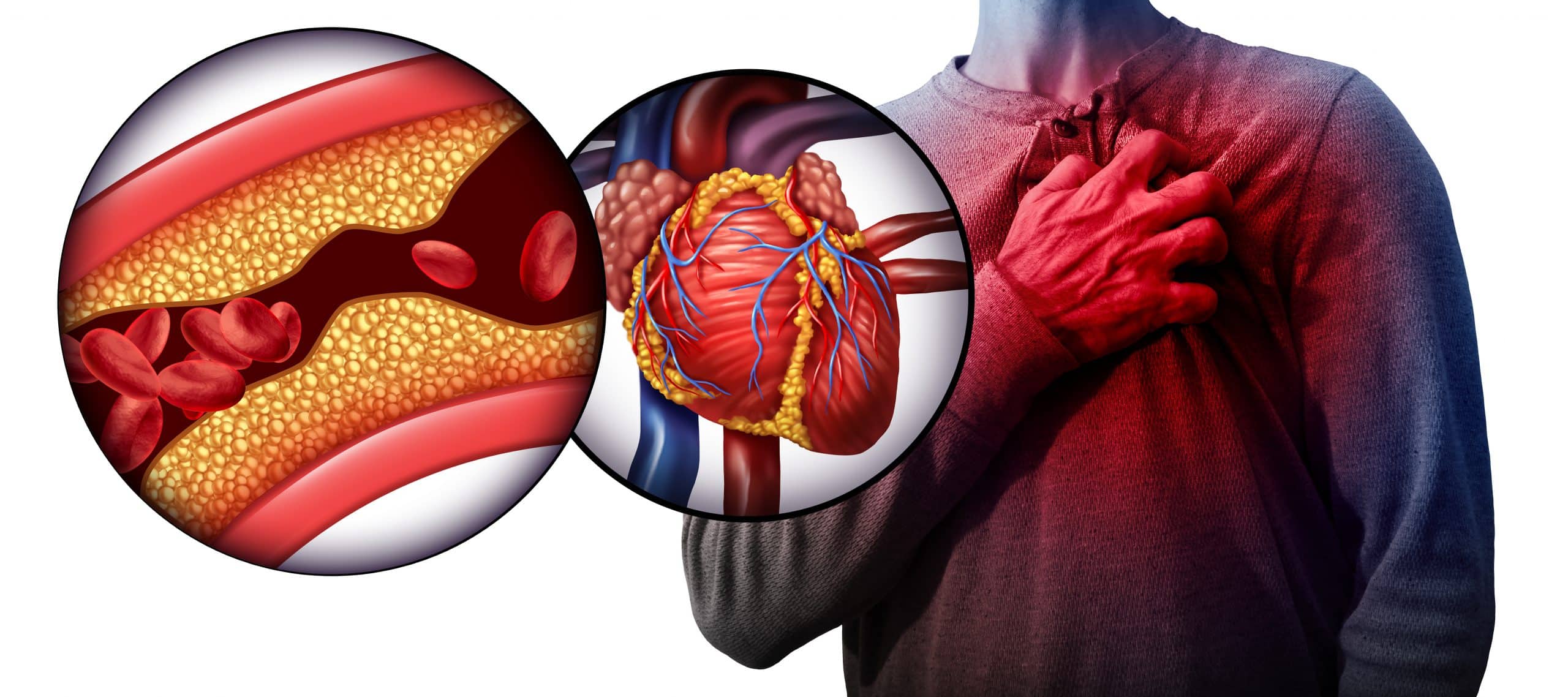6 Tips for Helping a Loved One
We’ve all had our world rocked by the current COVID-19 pandemic, but for many of us, it remains foreign and unfamiliar. We may not have to think about it’s direct impact on our lives until it affects someone close to us. If you live with someone who has recently tested positive for COVID-19, it can be difficult to know what the right thing to do is. Thankfully, we’ve assembled a general guide on some safe practices to establish if you find yourself caring for someone with the virus.
Follow a Reputable Source
With the media frenzy surrounding the virus, it can be hard to establish the truth about the virus. When it comes to caring for a loved one, you can never be too informed. That’s why it’s so important to get your information and advice from a reputable source. The official CDC guidelines should be your first stop when it comes to getting all the information you need.
Provide Basic Necessities
When someone tests positive, keeping them away from the public is ultra-important. You can help them get the supplies that they need to get through their self-isolation period. Help them with grocery shopping and picking up any medications they might need during this period.
Monitor the Severity of their Case
While many cases of COVID-19 are minor and can be treated at home, there are many people who suffer from more severe cases that require serious medical intervention. Look for emergency signals such as troubled breathing, persistent chest pain, bluish lips, confusion, and inability to remain awake. If you notice them exhibiting any of these signals, help them seek the emergency care that they need by calling for help or getting them to a hospital.
Maintain Social Distancing Guidelines
While social distancing should already be a part of your new normal routine, it is especially crucial when you’ve been in contact with a sick person. Make all efforts that you can to isolate from them while still providing them with the care that they need. Try to have them stay in one particular room or area of the home, with their own bathroom. This will help prevent the spread to other members of the home. Additionally, try to have them eat in this area, or at least a separated area, as eating could be an even higher risk activity for the spread.
Wear a Mask and Gloves
You may know how a mask can help prevent the spread of the virus, but up until now, you might not have been wearing them in your own home. That needs to change now. If you’re providing care directly to the infected patient, ask them to put on a mask before you come into the space, and you should put one on as well. This will minimize the spread of any respiratory droplets that could infect you.
If you imagine you’ll be coming into contact with any of the patient’s saliva, vomit, or any other bodily fluids, you’ll need to wear some gloves as well. These gloves will add a layer of protection and should be discarded in a lined bin as you leave the infected area of the home.

Disinfect Often
You’re already washing your hands frequently, but it’s time to really step it up. Wash even more frequently and take extra sanitary precautions. Disinfect surfaces such as counters, tables, doorknobs, remotes, phones, and computer keyboards daily to prevent potential cross-contamination.
Staying Safe
While seeing a loved one sick can be very difficult, it’s still ultimately important to protect yourself. Keeping yourself from getting infected not only helps you personally, it’s an act of public service, as it also stops the spread of the virus.
For other tips on healthy living, check out our learning center. Our doctors provide tips on how to take care of yourself and your heart, which is especially important right now.



